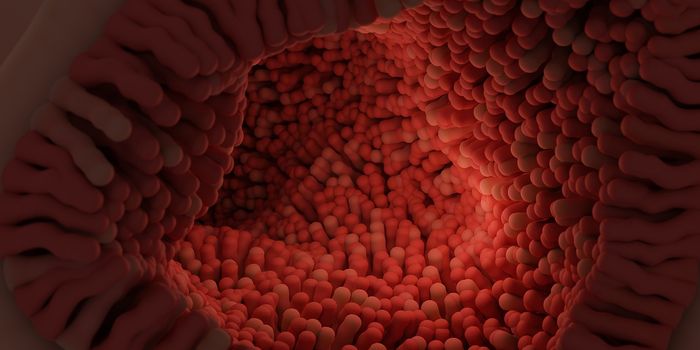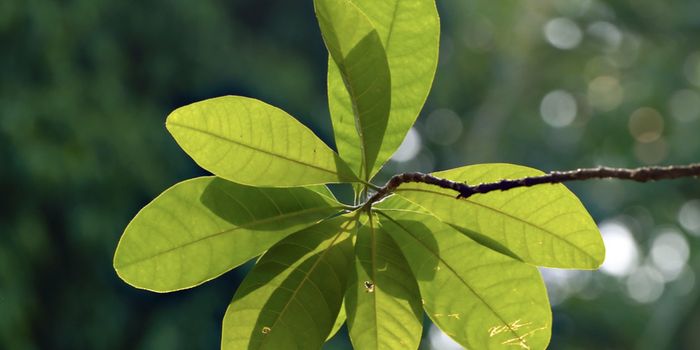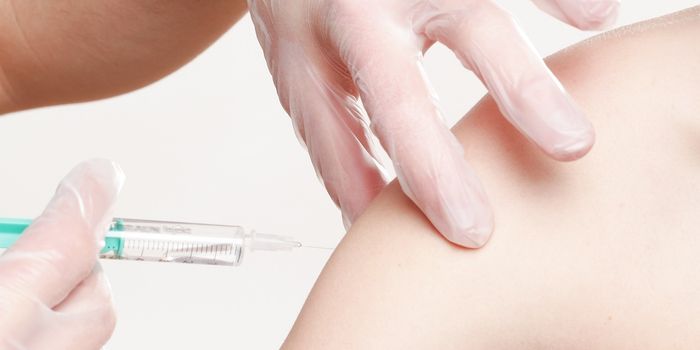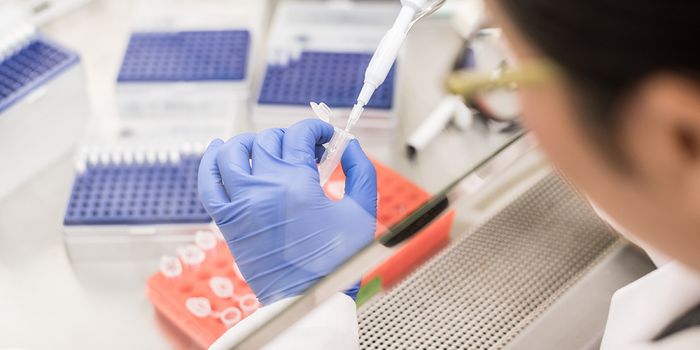Gut Microbes that Release Histamine Worsen IBS Pain
When the white blood cells in our bodies encounter a pathogen they can release a molecule called histamine, which can have a variety of effects throughout the body, and is important to the immune response. Now scientists have found that one gut microbe called Klebsiella aerogenes can generate a lot of histamine. This histamine 'super-producer' seems to trigger pain and flares in some irritable bowel syndrome (IBS) patients. Researchers detected the presence of Klebsiella aerogenes in 25 percent of samples that were obtained from IBS patients. This strain has now been named the McMaster-Queen (MQ) strain by the research team from McMaster University and Queen's University. The findings have been reported in Science Translational Medicine.
In this study, patients were assessed over several months. High levels of histamine were found in fecal samples when patients were also feeling severe pain, and when they were free of pain, histamine levels in stool were low, revealed senior study author and gastroenterologist Premysl Bercik, a professor at McMaster.
The researchers also colonized mice that had no gut microbiota with gut microbes from IBS patients. Control mice were colonized with gut microbes from healthy human volunteers. With this model, the scientists determined that K. aerogenes converts an amino acid called histidine, which is found in the diet, into histamine, which is known to be involved in pain signaling. The immune system in the gut is also activated by that bacterially converted histamine, where the histamine-4 receptor binds to it, attracting mast cells. The mast cells can can trigger additional inflammation and pain by producing more histamine and other molecules.
"Now that we know how the histamine is produced in the gut, we can identify and develop therapies that target the histamine producing bacteria," said first study author Giada de Palma, an assistant professor at McMaster.
If mice that had been exposed to K. aerogenes were given a diet with low levels of fermentable carbohydrates (sometimes known as a low FODMAP diet), the production of histamine was significantly reduced. There were changes in acidity and fermentation by bacteria in the gut, inhibiting an enzyme that generates the bacterial histamine.
This work has shown why diets that are low in fermentable carbohydrates are helpful for IBS patients, who are known to carry abnormally high levels of mast cells in their gastrointestinal tracts. Treatments that target mast cells or histamine may, therefore, be beneficial as well.
"Although mast cell treatment in IBS has been explored, a novel approach based on our research would be targeting the bacterial histamine production or H4R pathways," Bercik said.
"Many, but not all IBS patients, will benefit from therapies targeting this histamine driven pathway," noted co-first study author David Reed, an assistant professor at Queen's. Biomarkers might be helpful to identify the patients that would probably respond to the treatment, added Reed.
Sources: McMaster University, Science Translational Medicine









